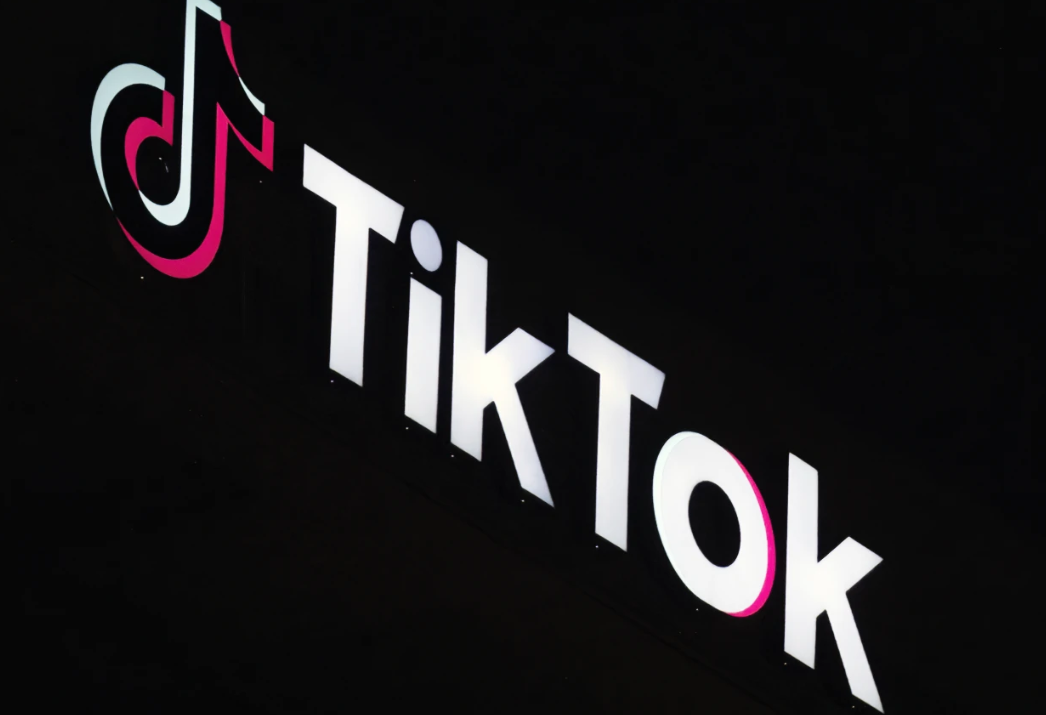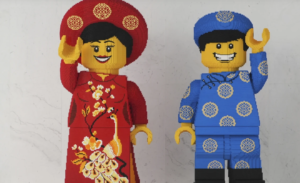In a significant case that intersects free speech and national security, the U.S. Supreme Court is set to hear arguments on Friday regarding the future of TikTok, a highly popular social media platform used by nearly half of the U.S. population for entertainment and information.
TikTok has stated that it plans to shut down its U.S. operations by January 19 unless the Supreme Court overturns or delays a law that mandates the sale of the app, which is owned by the Chinese company ByteDance.
With a tight deadline approaching, the justices also have a request from President-elect Donald Trump, who has reversed his previous stance in favor of a ban, asking for time to reach a “political resolution” and avoid a court decision. It remains uncertain whether the Court will consider Trump’s request, which is an unusual attempt to influence the case.
TikTok, its parent company ByteDance based in China, along with content creators and users, argue that the law in question is a serious violation of the First Amendment’s protection of free speech.
Lawyers representing the users and content creators highlighted that this case is unlike most free-speech cases, as it affects millions of people. Many content creators are anxiously awaiting the Supreme Court’s decision, which could disrupt their careers, and they are already considering alternative platforms.
This case is yet another instance where the Supreme Court is being asked to rule on an issue involving a medium—social media—about which the justices have admitted they have limited knowledge or expertise, even though they frequently deal with significant cases related to speech restrictions.
The Biden administration, which is defending the law signed by President Joe Biden in April after it received broad bipartisan support in Congress, argues that it is indisputable that China’s control over TikTok through ByteDance poses a serious national security threat.
Officials argue that Chinese authorities could force ByteDance to provide information about TikTok’s U.S. users or use the app to manipulate or censor content. However, TikTok has told the justices that the government has not provided any evidence that China has actually attempted to do so, emphasizing that restrictions on free speech should not be justified based on fears of potential future threats.
In December, a panel of three appellate judges—two appointed by Republicans and one by a Democrat—unanimously upheld the law, dismissing the First Amendment concerns.
The case is particularly urgent, as the court is hearing arguments just nine days before the law is set to take effect and 10 days before a new administration takes office.
In a statement that sounds more like a campaign appeal than a legal brief, Trump’s lawyers have urged the court to delay the TikTok ban but avoid making a final decision. D. John Sauer, chosen by Trump to represent his administration before the Supreme Court, argued that Trump has the political experience and mandate needed to negotiate a solution that would address national security concerns while saving TikTok.
Trump did not take a stance on the core issues of the case, according to Sauer. However, Trump’s campaign team used TikTok to engage younger voters, particularly male voters, and in December, Trump met with TikTok CEO Shou Zi Chew at his Mar-a-Lago club in Palm Beach, Florida. Trump has 14.7 million followers on the platform.
The justices have allocated two hours for the arguments, but the session is expected to run longer.
Three seasoned Supreme Court lawyers will present their cases. Solicitor General Elizabeth Prelogar will defend the law on behalf of the Biden administration, while Noel Francisco, who served as Trump’s solicitor general, will represent TikTok and ByteDance. Stanford Law professor Jeffrey Fisher, who is representing content creators and users, will be making his 50th argument before the Supreme Court.
If the law is implemented, the Justice Department under Trump’s administration would be responsible for enforcing it. Lawyers representing TikTok and ByteDance have argued that the new administration might try to lessen the law’s harshest impacts.
However, they also warned that even a brief shutdown of just one month could lead TikTok to lose about one-third of its daily U.S. users and suffer significant losses in advertising revenue.
As the court deliberates on the case, it will need to decide which level of review to apply to the law.
If the court uses strict scrutiny, the law would likely be struck down, as laws under this review usually fail. However, two judges on the appellate court that upheld the law suggested that this case might be one of the rare exceptions that could survive strict scrutiny.
TikTok, its users, and many supporting briefs are urging the court to apply strict scrutiny to invalidate the law.
The Democratic administration and some of its supporters point to existing restrictions on foreign ownership of radio stations and other sectors as justification for taking action against Chinese influence through the TikTok ban.
A decision from the court could be announced in the coming days.














